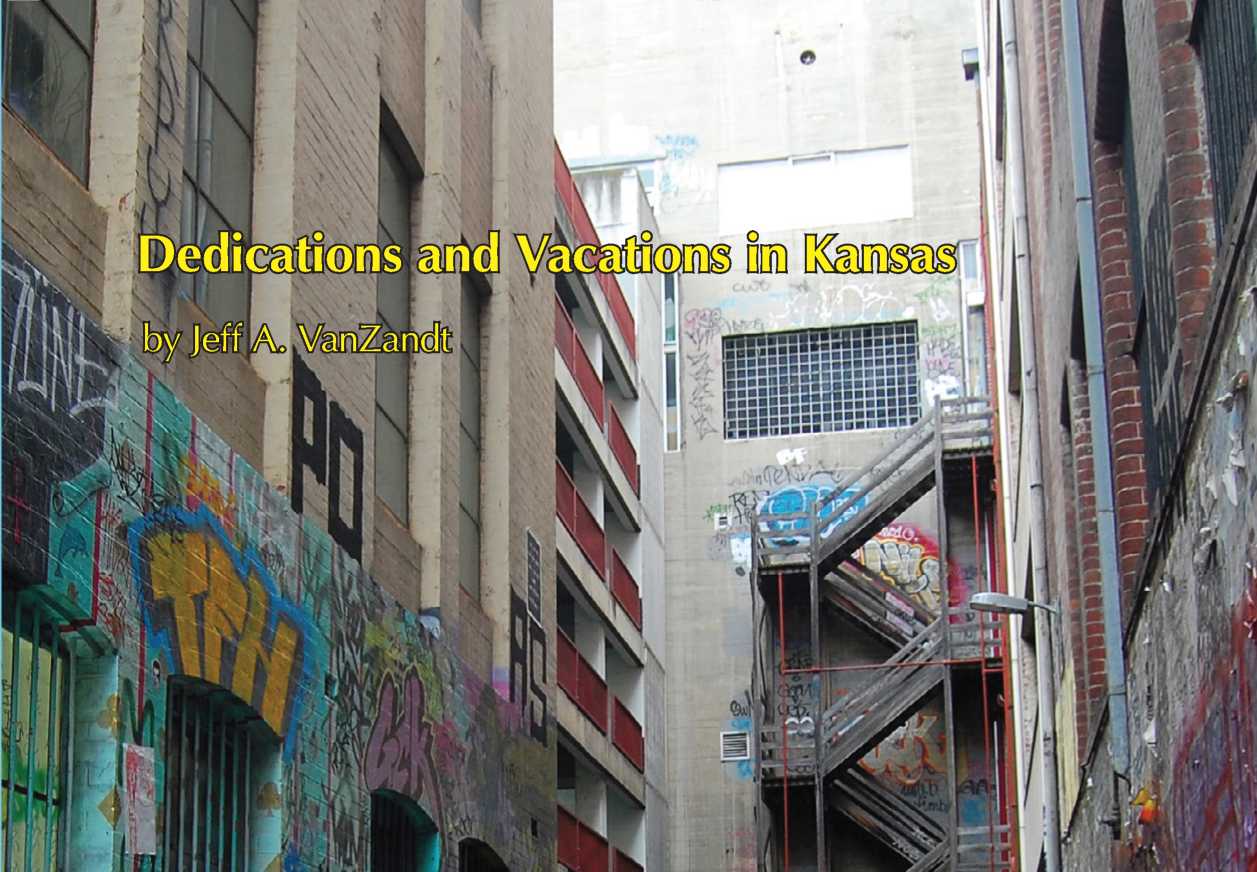Dedications and Vacations in Kansas
| Publication year | 2020 |
| Pages | 07 |

by Jeff A. VanZandt
Introduction
I apologize to those who thought they would be reading about a five-star resort in Bali, where the CLE is free, the SPF is 100 and all drinks have little umbrellas in them. Rather, this article will cover Kansas law relating to the dedication of lands for public use and a municipality's vacation of the public interest in a street or alley.
A dedication of land occurs when the owner of an interest in land transfers to the public the right of use of the land for a public purpose. Dedications are commonly made for highways, streets, alleys and parks, though they can be for other things, such as museums or courthouses. The governing body is generally responsible for the development and maintenance of the dedicated land in return for the dedication. This article will conclude that the law in Kansas holds that the interest transferred in a dedication is in the nature of an easement. If the governing body determines that it no longer needs the dedicated land, it has the statutory authority to vacate the dedicated property.
Among the reasons for a city to vacate a street or alley may be that it has not been used, it is difficult and expensive to maintain, there are potential liabilities, the city wishes to narrow the street, or it is located so close to a major intersection that it is a traffic hazard.
The multiple statutory means for a city to vacate a street or alley will be explored, and the way the vacation process is conducted and how the adjoining property owners are affected after the vacation will be reviewed. The vacation process can depend in part on any local regulation by the planning commission or governing body, and those procedures should be followed to perfect a vacation.
Dedications
A dedication is the giving of an interest in land by an owner of the property for public use, and the acceptance by the proper public authority. Land may be dedicated for the public use by either a statutory or common law dedication.[1] A statutory dedication is one made under K.S.A 12-752. Under the statute, a plat dedicates land for public use (such as for streets or alleys). The dedication takes effect only after the plat has been properly approved (typically by a planning commission) and the dedication has been accepted by the governing body of the responsible governmental entity. K.S.A. 12-752(c) states that "[t]he governing body shall accept or refuse the dedication of land for public purposes within 30 days after the first meeting of the governing body following the date of the submission of the plat to the clerk thereof."[2]
Subsection (h) of this statute further states that "[t]he register of deeds shall not file any plat until such plat shall bear the endorsement heretofore provided and the land dedicated for public purposes has been accepted by the governing body."
A common law dedication is accomplished expressly by deed or impliedly, as by conduct that manifests an intention to devote property to public use.[3] As with statutory dedications, a common law dedication takes effect only when the governing body accepts it.
The Kansas Supreme Court in Kratina v. Board of Commissioners discussed the need for an acceptance of a dedication of a road (there, an implied dedication). The court said, "Although we would agree that no "˜formal acceptance' by the public authorities is necessary, we do believe some sort of action by them indicating acceptance is required. Otherwise there would be "˜cast upon an unwilling public the duty to maintain'."[4]
In effect, under K.S.A. 12-753, the plat is the offer, and the plat's approval by the governing body is the acceptance. The dedication is then perfected upon filing of the plat with the Register of Deeds.
Whether the governing body has accepted the dedication may not be so clear when the dedication has been made by a deed. The offer is clear because the attempt to dedicate is stated or implied in the deed. But, if the governing body does not formally accept the dedication (such as by resolution), it may be unclear whether the dedication was accepted and thus whether the attempted dedication to the public ever took effect.
For example, a citizen may call wanting to know why the city has not taken care of a dedicated street or alley. A review of your municipal records may show that no formal action was taken to approve the dedication. (Sometimes there is no way to prove that the municipality was even made aware of the attempted dedication.) If no affirmative action has been taken by the municipality, and the city wants the area dedicated for its intended purpose, then it is recommended that the governing body accept the dedication by ordinance.
But words of acceptance are not always required. A city may accept a dedication by its actions. Further, the dedication offer need not be express. The Kansas Supreme Court in Kasper v. Miller [5] held that a park within a residential area that was never formally dedicated to the public...
To continue reading
Request your trial
